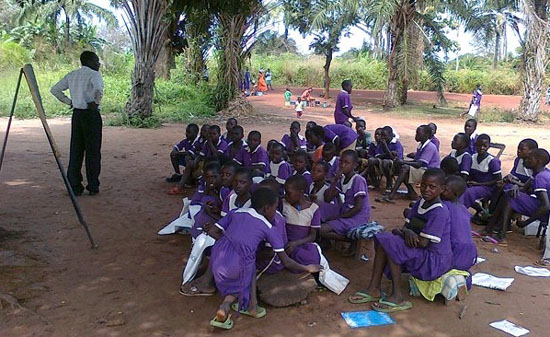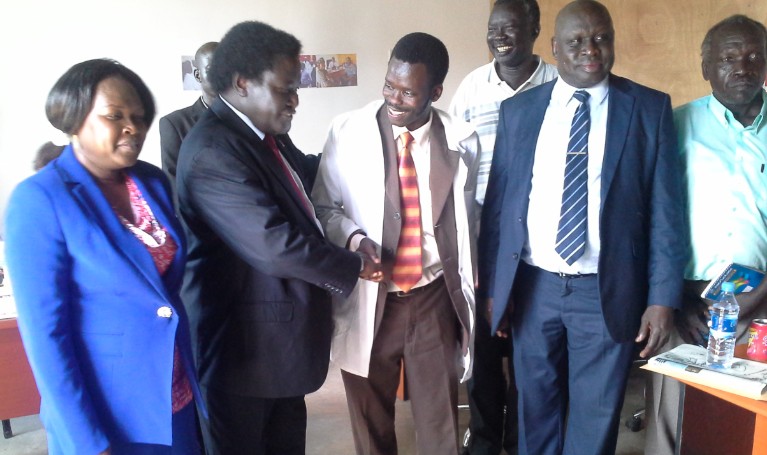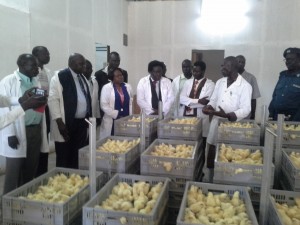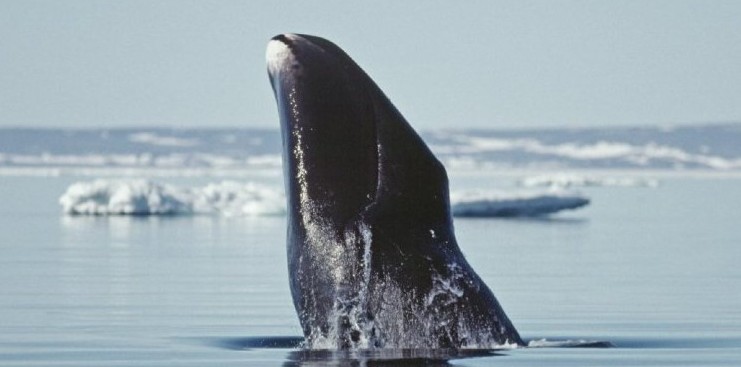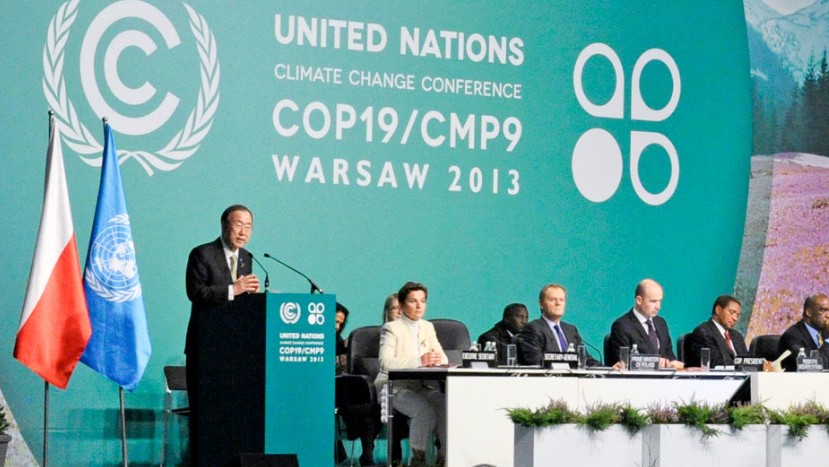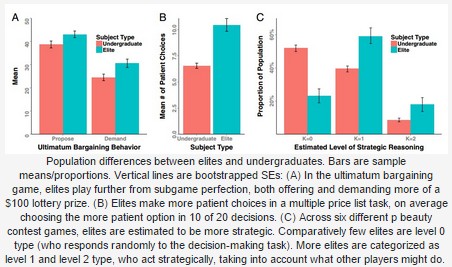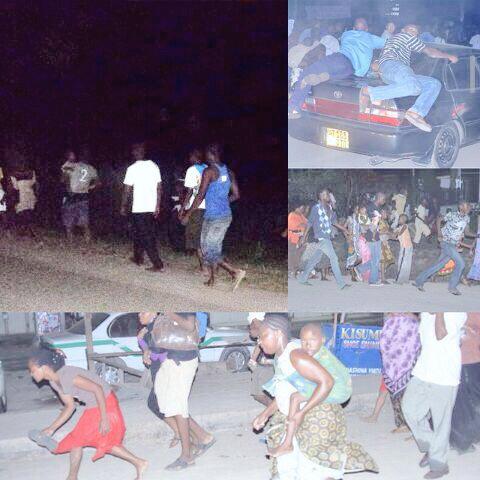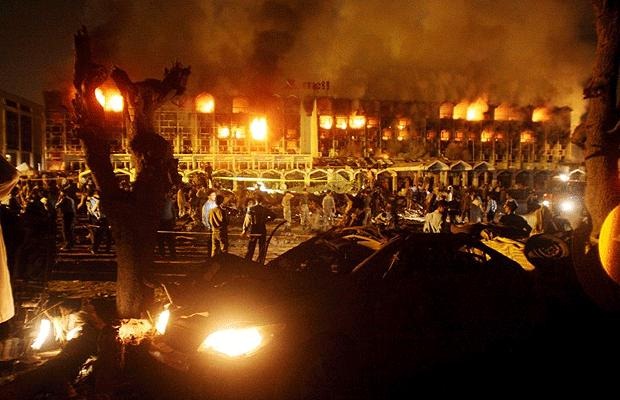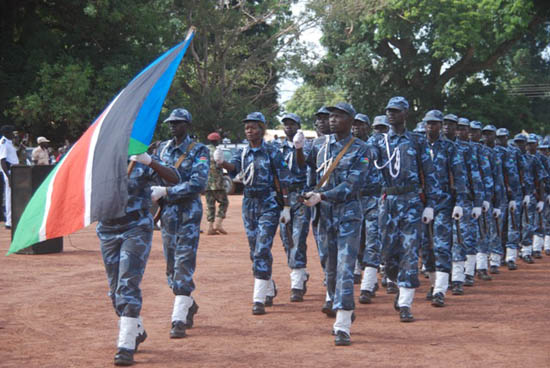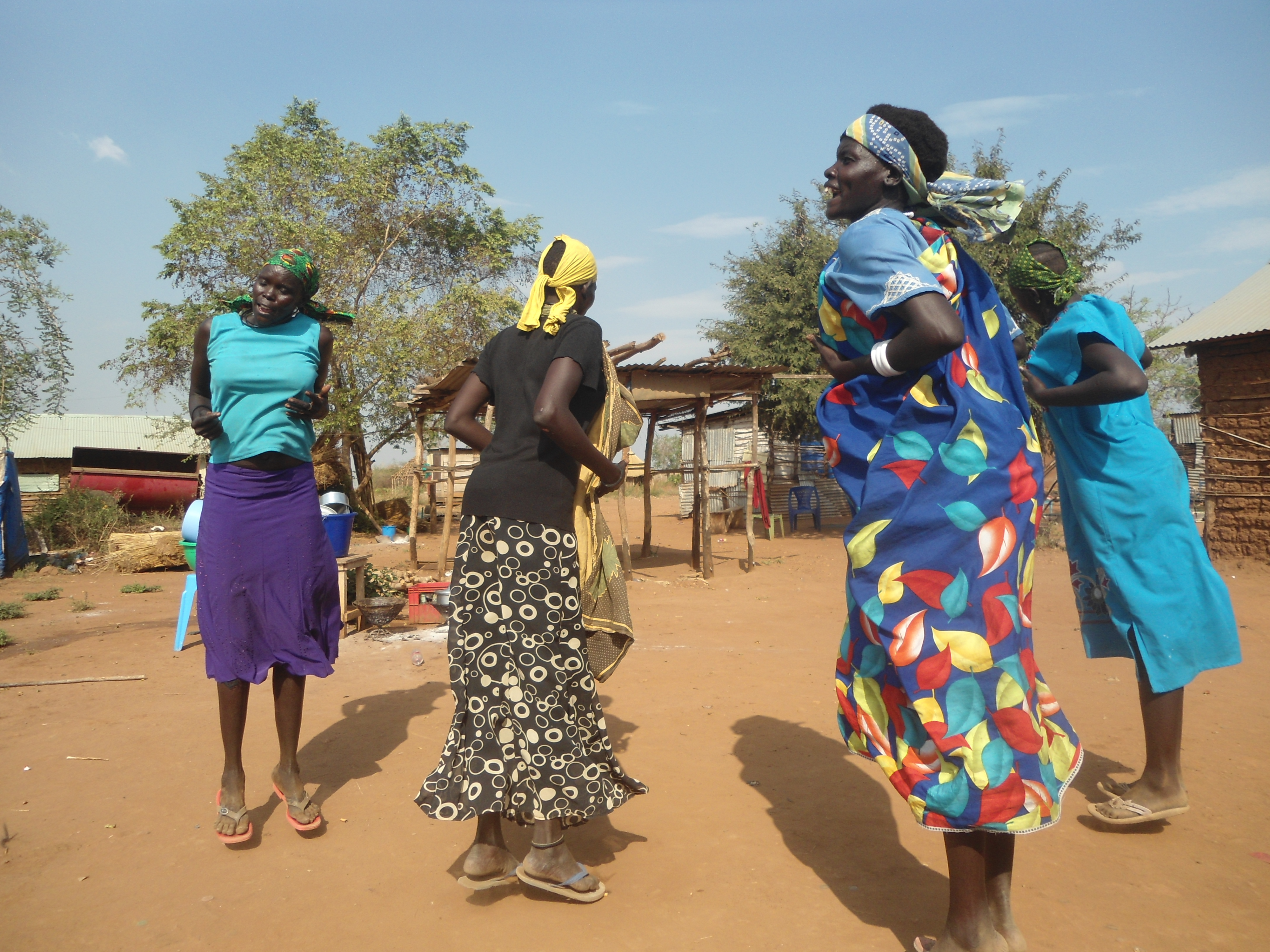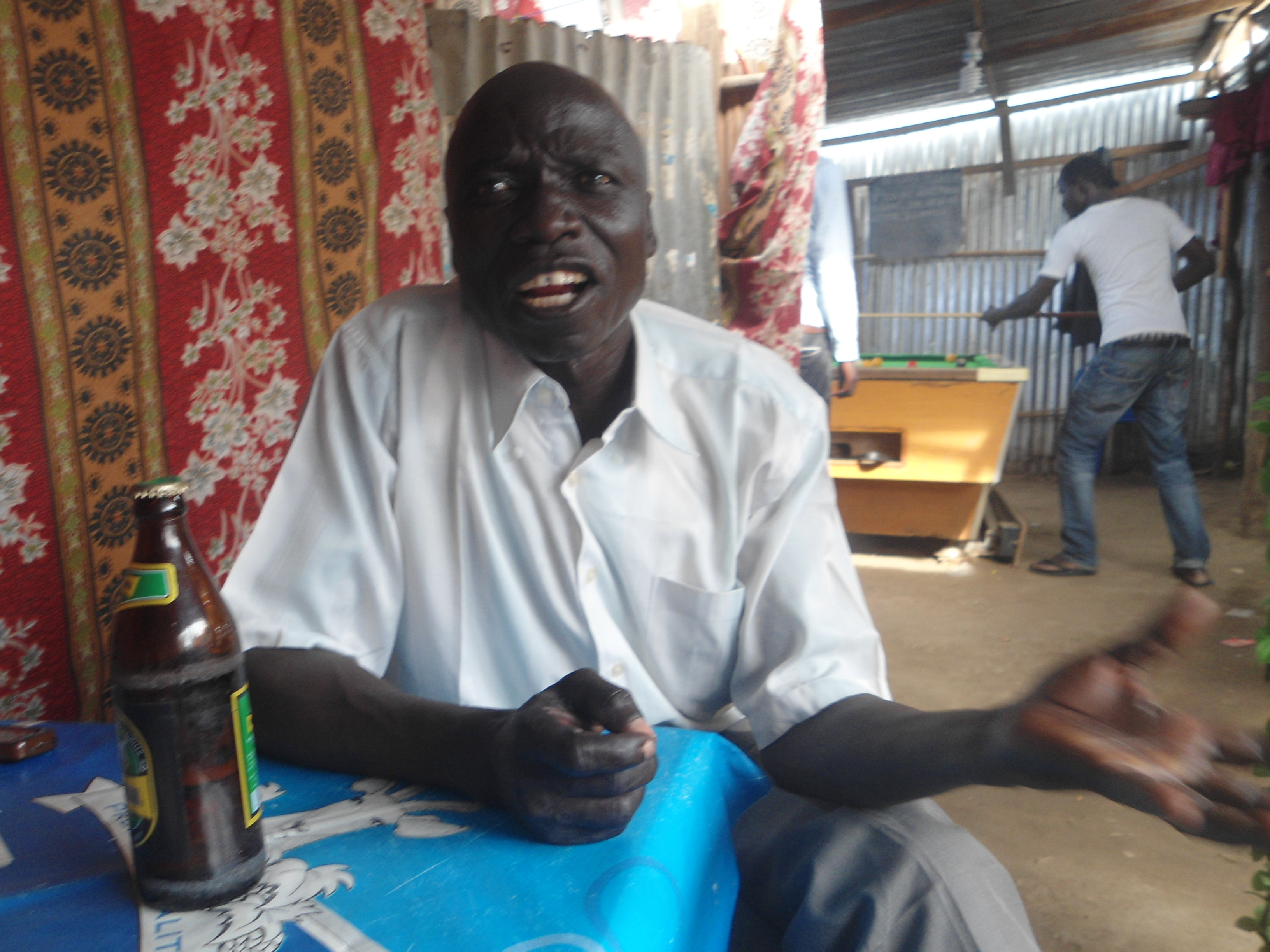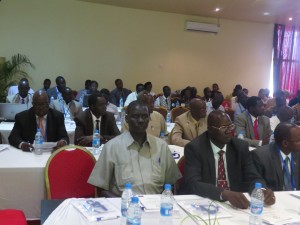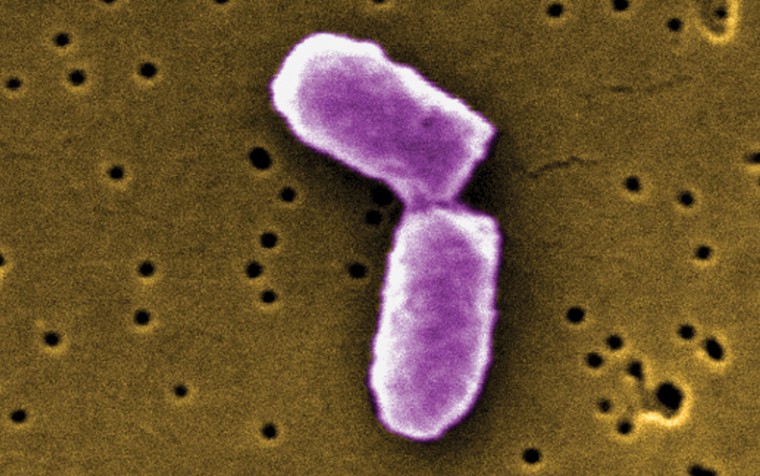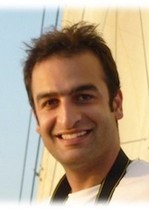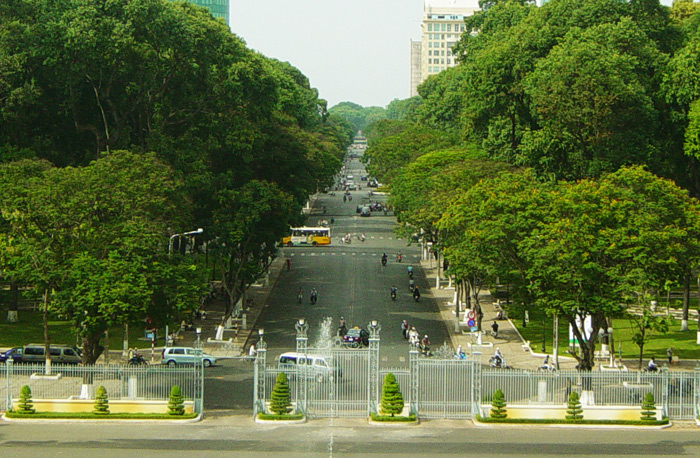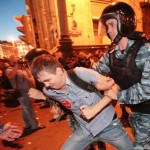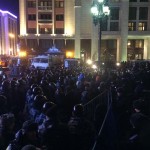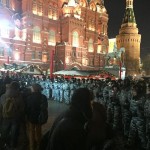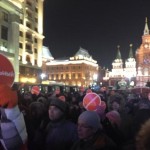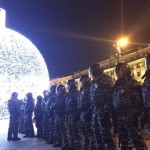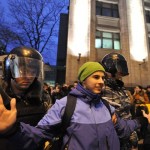JUBA – An estimated number of 400,000 are out of learning institutions in the country following the outbreak of last years’ political crisis.
The government and education partners working in the sector provided the figure following a joint stakeholders meeting held at the Juba Grand Hotel by Save the Children, UNICEF and the national Ministry of Education, DFID, USAID and EU.
The ministry and partners affirmed their commitment to providing quality education to all despite the current crisis.
Teachers in the rebel-controlled areas have not been able to get their monthly salaries as it is hard for the government to reach them due to insecurity.
“We cannot pay teachers in opposition controlled areas. It’s risky to me and whoever takes the money to the people supposed to be paid,” the undersecretary of the Ministry of Education, Michael Lopuke, told reporters in Juba.
He said the low salaries for teachers have been the problem of the past and the present since teachers in South Sudan have been complaining.
Lopuke said the war has also set them back but expressed commitments to focus on the challenges of the teachers as they look into the problems faced by learners.
The undersecretary announced that seven of the ten national teachers training institutes in the country are operational.
According to him, Malakal has been merged with Ranbul in Juba and Rumbek with Maridi to continue teacher training.
Statistics from the government show that only 60 percent of the teachers in the country are trained and only 13 percent of the primary teachers are female.
He also said with the current crisis, a number of schools are without teachers and others are only being assisted by volunteers.
UNICEF country representative in South Sudan, Jonathan Veitch, called education a national crisis despite the fragile gains made since independence in attendance, curriculum development and girls education.
“In terms of education in the conflict areas, it has gone to zero,” the UNICEF chief in South Sudan remarked.
“The right to quality and relevant education is fundamental to the holistic well-being of children, their families and the future of their communities. Education must be made a priority in humanitarian response and this is what we want in South Sudan.”
He commended Western Equatoria for welcoming the internally displaced persons (IDPS) and refugees adding the number of learners in a single class room went up to 150.
“We have not been able to get children in the conflict affected states due to displacement, teachers, destroyed buildings.”
He called for the need to focus on getting children back to schools as according to him, education reduces the effects of trauma, conflict resolution, peace and tolerance among rival tribes.
Veitch pointed out that the government and the opposition has signed a recommitment not to recruit children into armed groups and not to occupy schools, as many were occupied when the crisis began not only by armed groups, but by IDPs.
The country representative added that it was not good to throw out IDPs in learning institutions, saying SPLA have identified some schools to vacate mentioning one in Bentiu, the capital of oil-rich Unity state.
Asked about the number of schools vacated by armed groups, he said that they have no evidence but have been receiving commitments to leave.
According to him, less than 100 schools in the country have been occupied by armed forces from both sides of the conflict.
Commenting on the payment of teachers, Save the Children CEO, Jasmine Whitebread, said there should be ways of addressing it as it is a responsibility of the Government.
She also said they are looking for donors to support them in the area of the payment of teachers.
The CEO added that education should be prioritized, especially in the conflict-affected areas. “One priority is education because it helps to keep children safe, secondly it is the way for children to have a future and of the country,” she said.
“Again and again, we find that children and families prioritize education even in crisis situations. They say that without education, there is no future and as humanitarian actors we must listen and respond to the priorities of affected population.”
Whitebread told the displaced that there are still ways for them to continue with education, “Education can be delivered even in emergency.”
In a new survey undertaken by Save the Children, children, parents and community leaders affected by the violence say education is a number one priority.
Education is key to helping children establish a sense of structure and normalcy during crises. It lowers their risk of being exposed to violence and exploitation as well as to early marriage, and allows them to develop healthy coping strategies, according to Save the Children.
In South Sudan, an adolescent girl is three times more likely to die during childbirth than complete the primary school cycle.
Only 1.6 percent of secondary school-going age are females are enrolled in secondary school and 35.4 percent are enrolled in primary school.
With only 1 in 3 school age children across the country currently enrolled in school, the Ministry of Education, Save the children and UNICEF affirmed their commitment.
Moi Peter Julius
